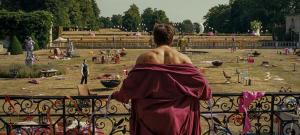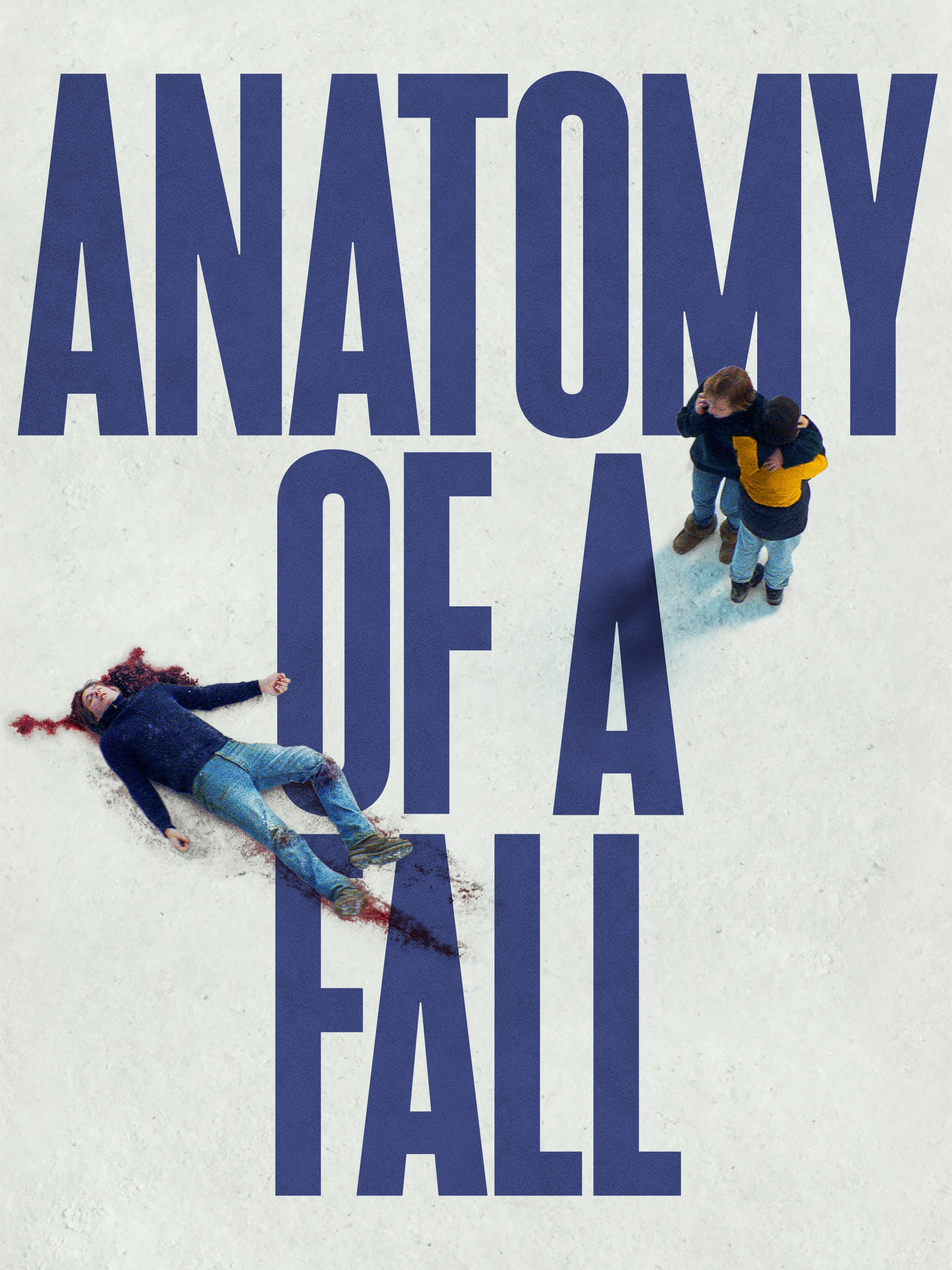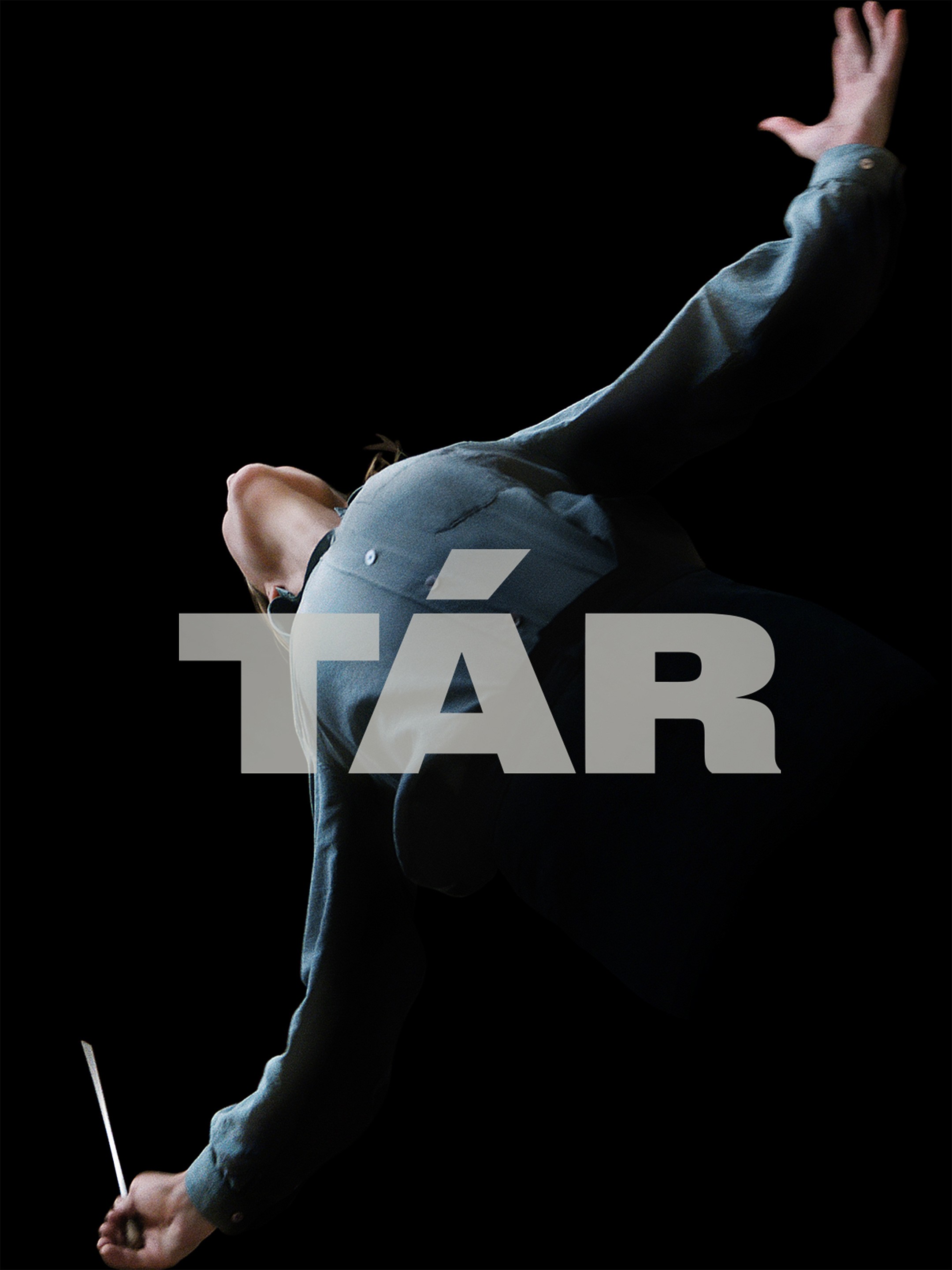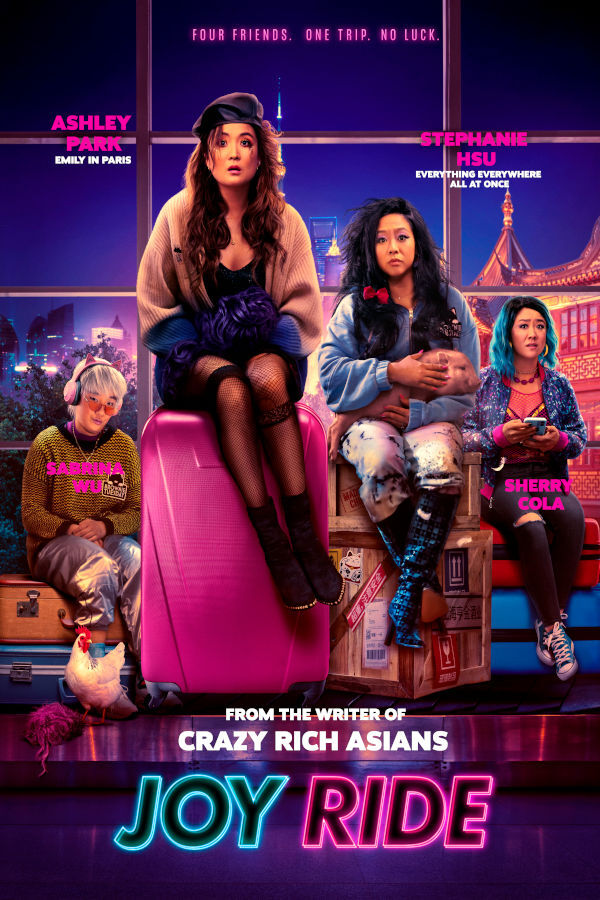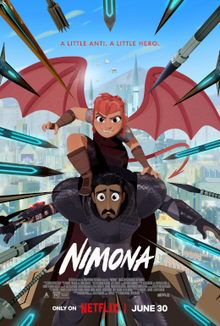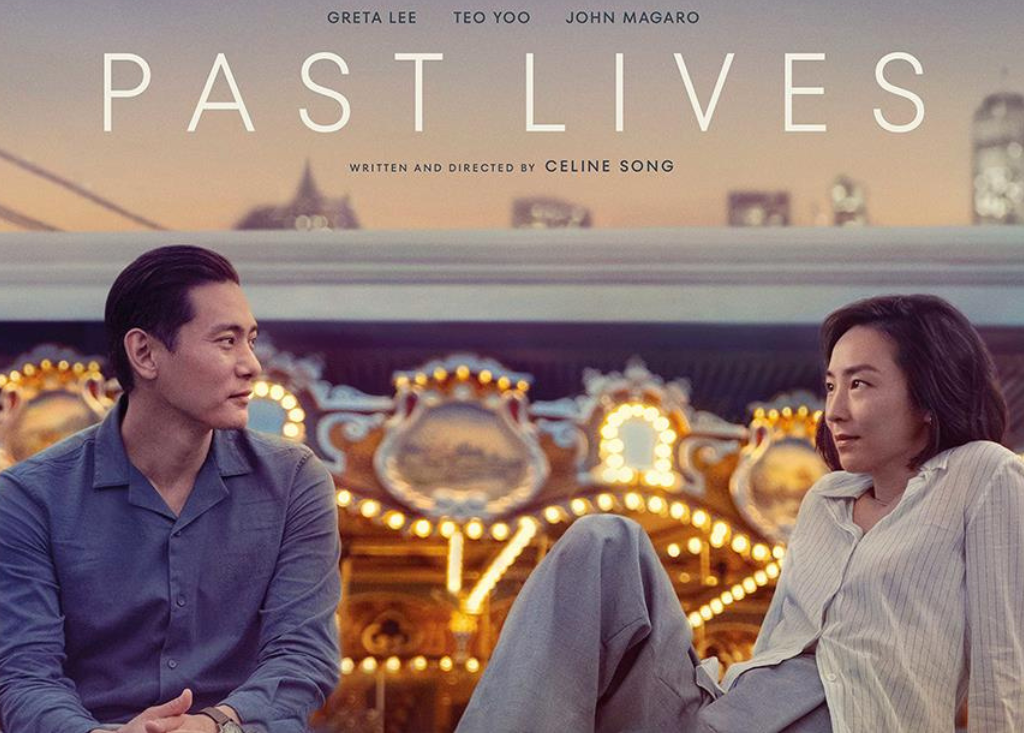Home » Posts tagged 'ben affleck'
Tag Archives: ben affleck
The Accountant

The Accountant is an unbalanced sheet. Gavin O’Connor’s film boasts strong performances, an interesting portrayal of disability and some tough action sequences. It also has no central focus, irritating contrivances and storylines that do not add up. Bill Dubuque’s script is part action-conspiracy thriller, part detective story and part mental health drama. These strands are clumsily interwoven and there are several contrivances that not only stretch credibility but add little to the drama. The detective narrative featuring US Treasury agents Raymond King (J K Simmons) and Marybeth Medina (Cynthia Addai-Robinson) would have made a strong narrative in its own right, but as it stands sticks out like undeclared earnings. Various characters have unnecessary personal motivations much as in Jason Bourne, suggesting a lack of investment in the drama of people caught up in events beyond their control. This drama is especially relevant in the contemporary era of global interconnection, information and finance, a topic that features in a number of recent films such as The Big Short and The Infiltrator. To underfund such a theme in a film with this subject matter is disappointing.

On the plus side, The Accountant does channel its funds into effective design and atmosphere. DOP Seamus McGarvey gives the film an often bleak appearance, while production designer Keith P. Cunningham creates environments of sleek functionality. As the eponymous book keeper with shady connections, Ben Affleck blends roles of his friend Matt Damon, as Christian Wolff has mental health issues and deadly skills like Jason Bourne and mathematical genius like Will Hunting. Affleck’s hunched physical performance, muted tones and expressions express someone cut off from much of the world. Flashbacks explain his character and family history, while his relationship with Dana Cummings (Anna Kendrick), the naive young accountant who stumbles into his world, is charming and effective. The film’s portrayal of Asperger’s Syndrome sometimes falls into the trap of presenting an unusual mental state as a superpower, rather than a distinctive perspective. This perspective leads to the film’s most arresting moment, as Wolff peruses decades’ worth of accounting records before explaining his findings to Cummings with an animation not seen elsewhere. O’Connor creates a palatable sense of excitement and energy in Wolff’s forensic accounting, which is odd when other sequences feature blistering action. This suggests a more satisfying film might have been a true economic thriller. As it is, the film returns only partially on its investment, leaving the viewer wanting a greater return.

Batman V Superman: Dawn of Justice
There is a widely held misconception that BVS: DOJ is about an epic physical showdown. It isn’t. What the title refers to, and what the film portrays over its sometimes ponderous running time, is an ideological debate between saviour and vigilante. Perhaps surprisingly for a filmmaker best known for bombastic action set pieces, Zack Snyder grapples valiantly with this political debate, resulting in a film where the most interesting sequences are those that feature actual debates. A brooding, melancholic and traumatised Batman/Bruce Wayne (Ben Affleck) debates with reluctant but loyal Alfred (Jeremy Irons); an idealistic yet doubtful Superman/Clark Kent (Henry Cavill) debates with Lois Lane (Amy Adams), Martha Kent (Diane Lane) and Perry White (Laurence Fishburne); senator Finch (Holly Hunter) debates with fellow politicians as well as twitchy billionaire Alexander Luthor (Jesse Eisenberg). Meanwhile, the mysterious Diana Prince (Gal Gadot) seems to have more answers than everyone else, yet raises questions herself. In-between the debates are immense set pieces, many shot in Snyder’s trademark slo-mo that recalls 300 and Sucker Punch (other references to Snyder’s back catalogue also appear). DOP Larry Fong lenses the film in gloomy shades, especially the ruin of Wayne Manor and the urban wastelands in which our ‘heroes’ battle. At times, the grand portentousness does overwhelm the drama, the wit of Chris Terrio and David S. Goyer’s script hamstrung by Snyder’s lumpen pacing. Yet while the film lacks the lean muscularity of Christopher Nolan‘s Dark Knight trilogy or even the more focused bombast of Man of Steel, it does make a strong contribution to the fundamental questions of superhero cinema – what does it mean to be a hero and what does it mean to be super? Batman V Superman: Dawn of Justice may not be the zippiest superhero film, but it is one of the more thoughtful.
Black Mass
Boston has a funny effect on makers of crime films. Whether it be Clint Eastwood with Mystic River, Ben Affleck with Gone Baby Gone and The Town, Antoine Fuqua with The Equaliser or Martin Scorsese with The Departed, Boston demands sociological depth as part of its crime milieu. The same is true of Scott Cooper’s Black Mass, a detailed examination of notorious gangster James ‘Whitey’ Bulger’s (Johnny Depp) relationships with the FBI and a sizeable chunk of South Boston’s criminal and political community. This sociological aspect contextualises the film’s action, as Bulger’s criminal exploits impact upon his FBI handler John Connolly (Joel Edgerton), his politician brother Billy (Benedict Cumberbatch) and various others. Crime is not separate from society here but deeply imbricated within it, as are the personal connections and loyalties between childhood friends. At times the emphases on trust and ‘who ya know’ becomes a little repetitive, but this is a minor detraction in what is otherwise an solidly absorbing and effective crime drama.
Gone Girl
David Fincher’s adaptation of Gillian Flynn’s novel features many of the director’s trademark features. Like his previous films, the predominant colour scheme is brown, as director of photography Jeff Cronenweth brings a dark beauty to the digital visuals (although there were points when things could have been a little brighter). Much like Panic Room and Zodiac, it is detailed to a forensic degree, which is appropriate for a film which centres around a mysterious disappearance and is concerned with artifice and construction. Like The Social Network and The Game, it features unsympathetic characters that are nonetheless compelling. And like Se7en and Fight Club, it features some unexpected twists that may leave the viewer flabbergasted. The first act consists of a deepening mystery, while the second takes an alternative route that fleshes out the events of the first. Plot developments in the third act twist into jaw-dropping moments of audacity, but to Fincher and Flynn’s credit, the film never wavers in its commitment to the narrative events, so if the viewer sees fit to ask “Really?”, Gone Girl replies, “Yes, really!”
As the central couple Nick and Amy Dunne, Ben Affleck and Rosamund Pike are believable and engaging. Like previous Fincher protagonists, they are unconventional, described by lawyer Tanner Bolt (Tyler Perry) as “the most fucked up people I’ve ever met”. But while it would be easy to judge Nick or Amy as “good” or “bad”, what is most striking about them and the film itself is the construction of identity. Amy has a public identity of “Amazing Amy”, a fictionalised version of her life in children’s books created by her parents. During the search for Amy, Nick adopts a public persona that other characters say is false, and certainly contrasts with the side of him seen by his sister Margo (Carrie Coon). Amy displays several different personae over the course of the film, and identities are created by the media as well. TV journalist Ellen Abbott (Missi Pyle) lambasts Nick without evidence for purely sensationalist reasons; Tanner helps Nick create an alternative identity when police suspicion falls on him. As the film progresses, further identities are created for public consumption, often in stark contrast to people’s private feelings. But, the film asks, are any of these identities more real than another? Nick naïvely talks about the importance of “truth”, but Gone Girl repeatedly questions the validity of truth by highlighting multiple narratives and the identities created for these narratives. It is a cliché to say that people have public and private faces, but Gone Girl takes the disturbing step of presenting all these faces as equally constructed and therefore equally valid or indeed invalid. If the public face is no less true than the private one, why not live the public face? Is our identity the one we project or the one projected onto us? Gone Girl offers no answers to these questions, but offers a compelling and thought-provoking meditation upon them.
Awards Predictions Part Four: Directorial Diatribe
The Oscar race is well underway, and the winners are hard to pick because of the spread of nominations and the surprising omissions, as well as the results from other events. At the Golden Globes as well as the Producers Guild of America awards, Argo picked up Best Picture, while Ben Affleck was awarded Best Director by the Directors Guild of America. Normally this would be a strong indicator of a Best Picture gong at the Oscars, and if so, it would be the first time since Driving Miss Daisy in 1989 that a film wins Best Picture without being nominated for Achievement in Directing.
I confess a slight affront at being 60% wrong in my predictions in this category, and it’s an interesting set of nominees. I predicted that the nominees for Achievement in Directing would be Ben Affleck for Argo, Kathryn Bigelow for Zero Dark Thirty, Tom Hooper for Les Miserables, Ang Lee for Life of Pi, Steven Spielberg for Lincoln. Of these five, only Spielberg and Lee have been nominated. The omission of Affleck is very surprising, particularly after him being honoured at the Golden Globes, the PGA and the DGA. I confess to having no idea why he was overlooked. Another surprising omission is Quentin Tarantino, as, like Argo, Django Unchained is nominated for Best Picture as well as well Best Screenplay, Original for Django Unchained, Adapted for Argo. After all the honours heaped upon Amour, Michael Haneke’s nomination for Directing is less surprising, but the presence of Benh Zeitlin and David O’Russell is remarkable, and perhaps indicative of how impressed the Academy voters were by, respectively, Beasts of the Southern Wild and Silver Linings Playbook (or, to be more cynical, how impressed voters were by the awards campaigns of the films’ distributors, Fox Searchlight and the Weinstein Company, respectively).
Perhaps Kathryn Bigelow and Tom Hooper have been left out because, had they been nominated, it would have been for the first film each of them made after winning the Oscar, for The Hurt Locker and The King’s Speech, respectively. Maybe this counted against them, as Academy voters were unwilling to nominate either for consecutive films. The King’s Speech may still be fresh in the memory, too fresh for voters who wanted someone new. Having seen Les Misérables though, I did not find it that well directed, as the different elements of the story were connected rather limply, with insufficient directorial thrust to unite the narrative and thematic strands.
In the case of Bigelow, however, she may well have also been left out due to the controversy surrounding Zero Dark Thirty. Suggestions have been made that the film affirms the use of torture as a legitimate method in the War on Terror. This has not stopped the film being nominated for Best Picture, Original Screenplay and Actress in a Leading Role, so if Bigelow has been snubbed for a nod, that seems rather unfair. I don’t like to reduce this topic to gender, but perhaps Academy members did not want the same woman to be up for the award again. There may be other female directors worthy of Oscar attention, but they are not in evidence.
Interestingly though, Bigelow’s snub supports an auteurist understanding of film. If Zero Dark Thirty does valorise torture, then Bigelow is being credited as responsible for this meaning, rather than screenwriter Mark Boal who, along with Megan Ellison, shares producing credit with Bigelow. Using the director as a reading strategy works both ways – if the film is good, or worthy of approval, the director gets the credit. If it is bad, or morally questionable, then the director gets the blame. Regardless of Mark Boal and Megan Ellison’s involvement, Bigelow has been left out of the category where her particular talent or skill could be rewarded. Boal put the torture scenes in the script, but is Bigelow more responsible for these scenes because she shot them and (one assumes) decided not to edit them out of the finished film? There is no way of knowing exactly why Academy members voted the way they do (waterboarding would hardly be appropriate), but it is tempting to imagine that they might have been put off honouring Bigelow specifically because to do so might appear to be an endorsement of the controversial stance she is being credited as having.
The writer Naomi Wolf has compared Bigelow to Leni Riefensthal, whose most significant contribution to cinema was the Nazi propaganda film Triumph of the Will (1935). I find it significant that both Riefensthal and Bigelow are both women, and for them to present such topics as Aryan supremacy and torture can be read (from a particular perspective) as aberrant and perverse. 24 is criticised for its depiction of torture, but creator Joel Surnow has been called a neoconservative rather than a Nazi. While D. W. Griffith can be described as outrageously racist because of the politics in Birth of a Nation (1915), criticism of him can be tempered by the context in which he was raised and indeed in which he made his films. Perhaps Bigelow does not have Griffith’s excuse – she is an independent filmmaker in the 21st century, she should know better, because we do. Don’t we? Also she’s a woman, so for her to present torture as anything other than hideous and completely unacceptable is very very wrong. Isn’t it?
Other films have turned an explicitly critical eye upon the use of torture in the War on Terror, such as Rendition (Gavin Hood, 2007) which presents torture and indeed the detention of terror suspects as pointless because of the lack of evidence for the initial suspicion. One purpose of film, and indeed all art/entertainment (they are ultimately, the same thing), is to pose questions for debate, but the manner in which these questions are posed can be as controversial as the questions themselves. If not presented as outright condemnation, is it approval? If Bigelow (combined with Boal and Ellison, the various performers, cinematographer, editor, etc) presents torture as part of the CIA hunt for Osama Bin Laden, within the context of other investigative methods, is that necessarily approval?
I wrote last year on the expectations that are generated by marketing and hype. Awards season brings out other responses and expectations – after all, Best Picture nominees we might expect to be great, and they frequently are not. Serious accusations during awards season are nothing new, and I imagine Kathryn Bigelow was prepared for a backlash against her film. I am yet to see Zero Dark Thirty, but I already have multiple ideas about the film, what it might mean and what to look for in it. Wolf’s argument that Bigelow will be remembered as “torture’s handmaiden” seems over the top, but perhaps she has a point. Check back for my response to the film.










